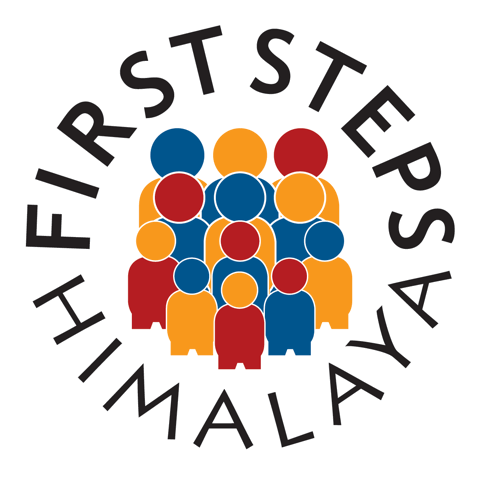Teaching science to young children does not need any special equipment or special training - but often early years teachers lack the confidence to introduce a science topic into their classroom.
Teachers from rural village schools in Nepal are introduced to fun science concepts and experiments, when they attend First Steps Himalaya teacher training workshops. These ideas and experiments can be recreated in their own rural schools.
Early years teachers experimenting with mixing colours at a First Steps training workshop.
For many village teachers, the idea of teaching science to their young students seems strange and a bit scary. Science is perceived as a complicated topic, saved for older children sitting exams and taught by expert teachers. Therefore, the training begins with re-introducing the idea of science to the teachers and helping them realise that they use scientific thinking and knowledge everyday.
Science in everyday life
Real-life science is a wonderful way to introduce the topic to small children. It is fun and doesn’t require any specialist equipment. Young children learn best when their senses are engaged and real life science can be very hands-on - think mixing paint or building the tallest block tower. The best real-life science topics for young children should be physical and reflect topics that already exist in the child’s world.
Examples of fun, real-life science activities for young children include:
Growing plants
Mixing colours to create a rainbow
Rolling balls down ramps
Introducing scientific thought
But creating a classroom where young children can mix dough or build ramps is only the start of teaching about science. Science is a way of thinking.
Throughout the hands-on science workshop, our First Steps trainers continually model scientific thinking to our trainee teachers. Our training introduce the key scientific concepts:
Asking questions
Making predictions
Making observations
Making comparisons
Simple physics
Our teachers practice with simple science experiments that they can reproduce in their own classrooms. One experiment is based around physics and the concept of making comparisons. Teachers build different ramps out of cardboard and roll balls or toy cars down them, observing what happens. The teachers are encouraged to make comparisons between the different ramps. For example, which car goes faster; the one on the steep ramp or the one on the low ramp?
Predicting and observing
The simple experiment of “Will it Float or Sink” is a great way to introduce the scientific concepts of making predictions and making observations and it only needs a bowl of water and a handful of random small items.
By holding up each item in turn, such as a coin, feather or an orange slice, the teacher can ask the children “Let’s make a prediction. Do you think this will float or will it sink?”
Then, once the coin has clinked on the bottom of the bowl, or the feather has rested on the surface, the teacher asks “Let’s observe what happened. Was our prediction correct?”
Empowered to teach science
By the end of the First Steps Himalaya training, our rural village teachers learn that science is actually a topic they already know a lot about. They learn that experimenting is fun and they can be more confident in introducing science topics into their own classrooms.
First Steps Himalaya trains and supports rural teachers, so that they can adopt child friendly teaching methods encouraging a love of learning in their students.
For more information visit: www.firststepshimalaya.org






